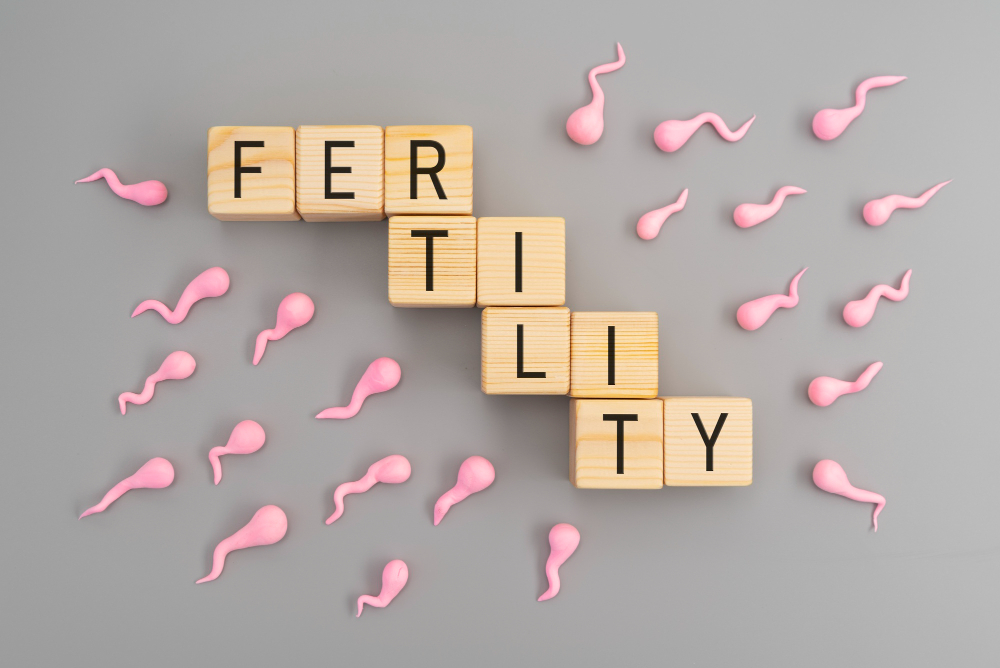What is IUI?
IUI stands for Intrauterine Insemination. It is a simple fertility treatment. In this procedure, a doctor places sperm directly into the uterus. This helps the sperm get closer to the egg. As a result, it can increase the chance of pregnancy. Many couples choose IUI because it is less invasive than other fertility treatments. According to the CDC, IUI is often used before trying more complex methods like IVF.
Who May Benefit from IUI?
Not everyone needs IUI. However, some people may benefit more than others. For example, IUI may help if you have:
Still, your doctor will decide if IUI is right for you. Sometimes, other treatments may work better.
How is the IUI Procedure Performed?
The IUI procedure is quick and usually painless. First, your doctor may give you medicine to help your eggs grow. Next, you will visit the clinic around the time you ovulate. The steps include:
After the procedure, you can go home the same day. Most people return to normal activities right away. However, you may be asked to rest for a short time.
Success Rates and Factors Affecting Outcomes
Many people ask about IUI success rates. According to the American Society for Reproductive Medicine, the chance of pregnancy per cycle is about 10% to 20%. However, several factors can affect your results. For instance, your age, the cause of infertility, and the use of fertility drugs all play a role. Younger women and those with unexplained infertility often have higher success rates. But, if you do not get pregnant after three to six cycles, your doctor may suggest other options.
Potential Risks and Side Effects
IUI is safe for most people. Still, like any procedure, it has some risks. Possible side effects include:
Most side effects are mild and go away quickly. However, you should call your doctor if you have severe pain or heavy bleeding.
Tips for Preparing for IUI
Preparing for IUI can help improve your chances. Here are some helpful tips:
Additionally, try to manage stress. Support from your partner or friends can make the process easier.
Frequently Asked Questions About IUI
When to Consult a Fertility Specialist
If you have trouble getting pregnant after one year of trying, you should see a fertility specialist. However, if you are over 35, consider seeing a doctor after six months. Early help can improve your chances. A specialist can guide you on whether IUI or another fertility treatment is best for you.
For personalized advice about IUI, consult a fertility specialist. They can answer your questions and help you choose the right path.
